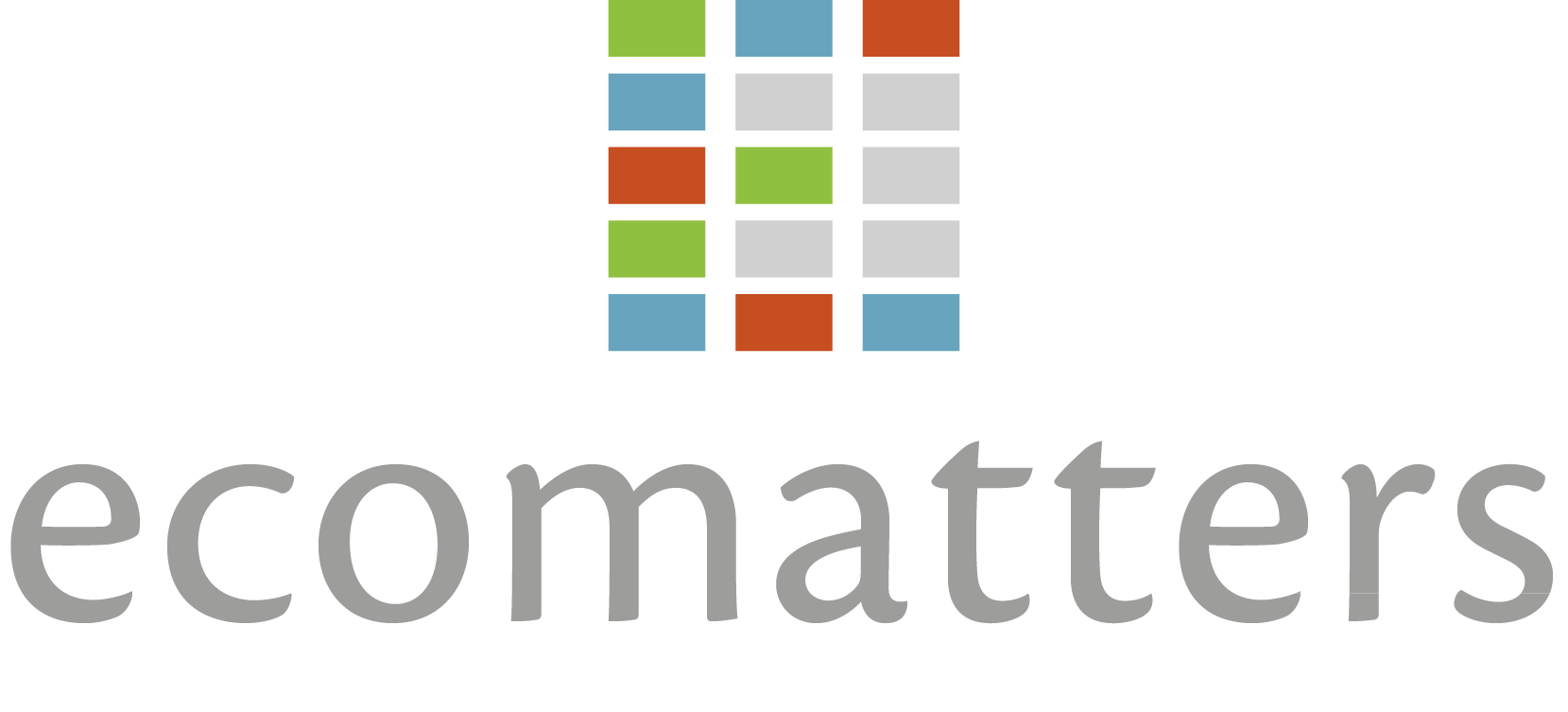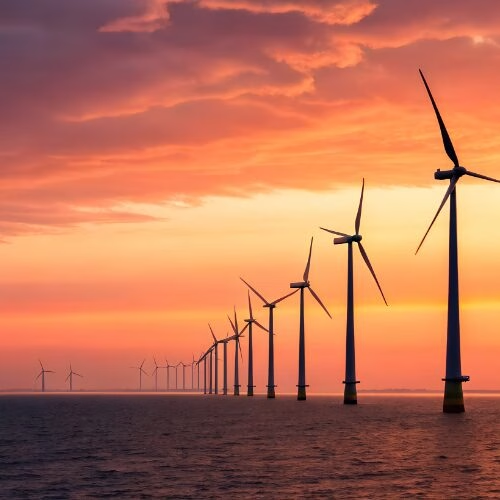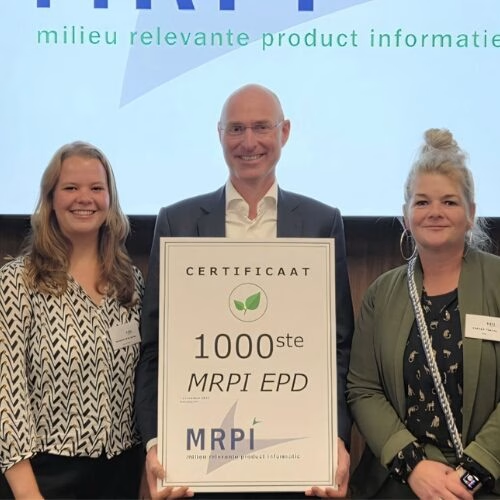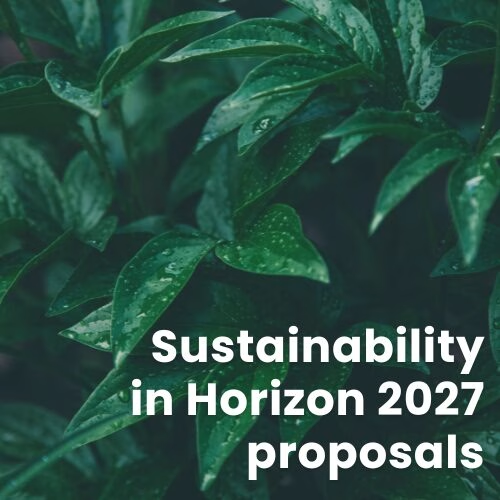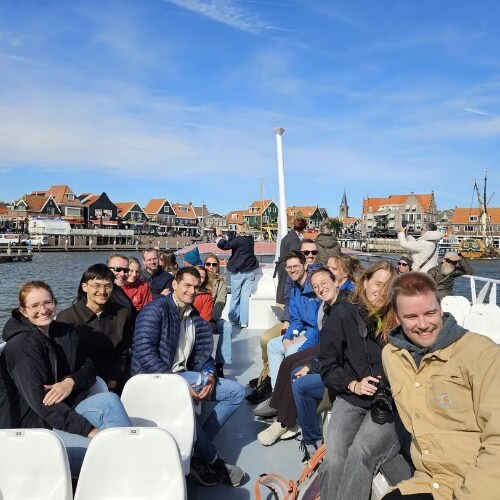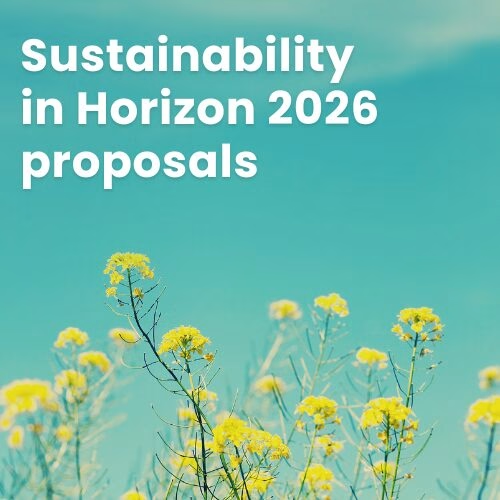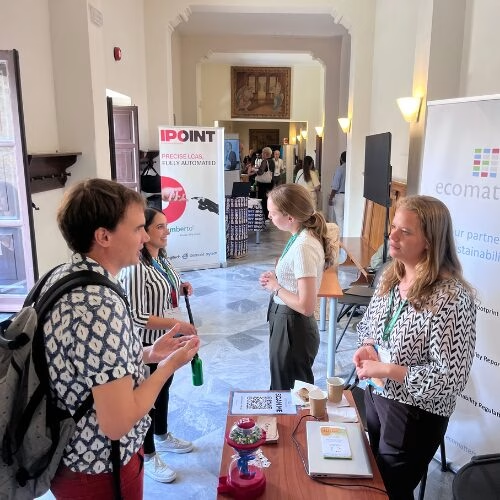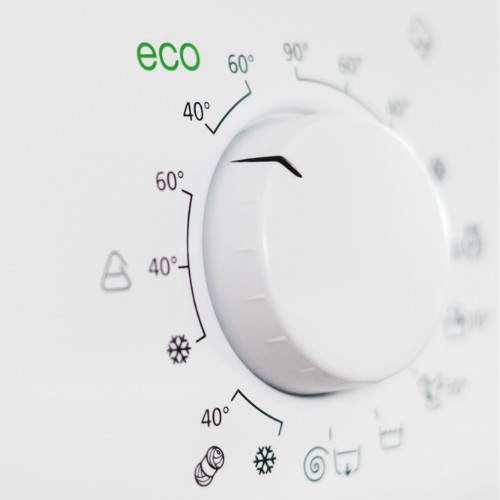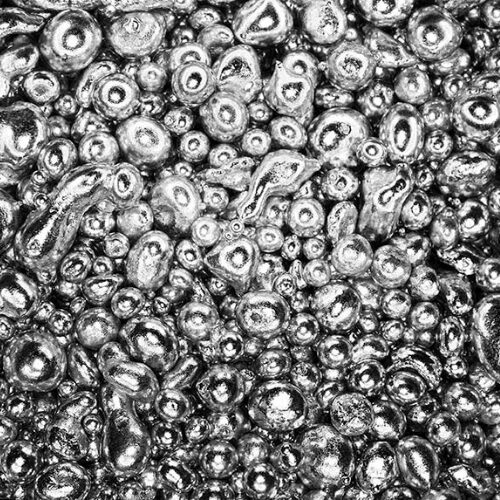As mentioned in our previous article, if your company has more the 250 employers, or an annual turnover exceeding EUR 50 million and an annual balance sheet exceeding EUR 43 million, your company must carry out an energy audit at least every 4 years.
The audit report typically contains the following components:
- A schematic overview of all existing energy consumers (including transport)
- A description of the most important factors that influence energy consumption
- A numerical overview of the company’s energy-saving potential for the next 4 years, and
- A description of possible cost-effective energy-saving measures
The purpose of the energy audit is to increase insight into your company’s energy use and to map the potential saving measures. The result of the energy audit is a list of cost-effective measures to decrease energy use. Based on the energy audit, your company can prepare an action plan to save energy.
This year several changes have been implemented in Dutch legislation in order to align with the European Directive
Changes of the EED requirements from 1 July 2019.
From 1 July 2019, you report your EED audit via eLoket at RVO.nl.
Previously, companies subject to the EED energy audit submitted their report to their municipality or environmental department. This changed on 1 July 2019. Currently, companies must submit their EED audit report via the eLoket of RVO.nl.
The new end date for companies that were (much) too late in the first round of audits is 31 December 2020.
The EU directive stipulates that the first energy audit must have been carried out no later than December 5th, 2015 and after that at least every four years after the previous energy audit. In practice, this would mean that companies must submit a second energy audit no later than December 5th, 2019.
However, because of several start-up problems at the time of the first audit round, many enterprises were not able to meet the December 2015 deadline. Therefore, the Dutch governmental Enterprise Agency (RVO.nl) allowed enterprises to submit an initial report “no later than 2016”. As a result, many companies submitted an initial report after December 5th 2015. Even at the end of 2016, there were many companies that had not yet conducted the mandatory audit
As a result of the messy start-up between 2015 and 2017 companies have various dates to perform their second-round energy audit (since the latest point in time at which the second round of energy audits must be carried out is linked to the moment at which the first round of audit was carried out).
Due to this, an end date was included in the third paragraph of Article 2 (of the Wet milieubeheer, Activiteitenbesluit) relevant for companies that had not yet carried out the first-round audit before the extended deadline of the end of 2016. This prevents companies that did not meet the official deadline of 2016 from “benefiting” of submitting the second round of audits much later. Moreover, it makes the implementation and enforcement of this regulation clearer.
After consultation with the European Commission, the new end date for companies that were (much) too late in the first round of audits is December 31st 2020.
For companies that did submit a first round of audit before December 31st 2016, the main rule from the directive remains applicable: they are required to conduct an energy audit no later than four years after the moment of the first energy audit. This time will therefore also be before December 31st 2020.
LTA / MEE Companies are no longer exempted from performing the energy audit
Companies that are subject to the LTA and MEE covenants (Long-term agreements on energy efficiency (LTA3 / MEE) subject to the energy audit are also required to submit an audit report by December 31st 2020. Until now, these companies were exempt from the audit.
EED in relation to other national legislation
It is important to be aware that in addition to the EED, other (national) legislation regarding mandatory energy-saving can apply. When an enterprise at entity level (including individual franchises or subsidiary premises) uses >50.000 kWh/year electricity or > 25,000 m3/year natural gas (equivalents), the enterprise is also regulated by Article 2.15 of the Activities decision (such as in the Netherlands: Wet milieubeheer, Activiteitenbesluit). When a company is regulated by Article 2.15 of the Activities decision, the enterprise has to carry out measures from the approved measures list for its (sub)sector). For more information on energy-saving obligations, you can read our previous news article on this subject.
In addition to the energy-saving obligation, there is also a notification obligation for enterprises and institutions. By the 1st of July 2019, enterprises that fall under the Activities decision have to report which energy-saving measures have been taken. Companies that are both required to perform the energy audit under the EED and have to fulfill the requirements of the Article 2.15 of the Activities decision have until 5 December 2019 to meet their obligation to provide the requested information/ information.
